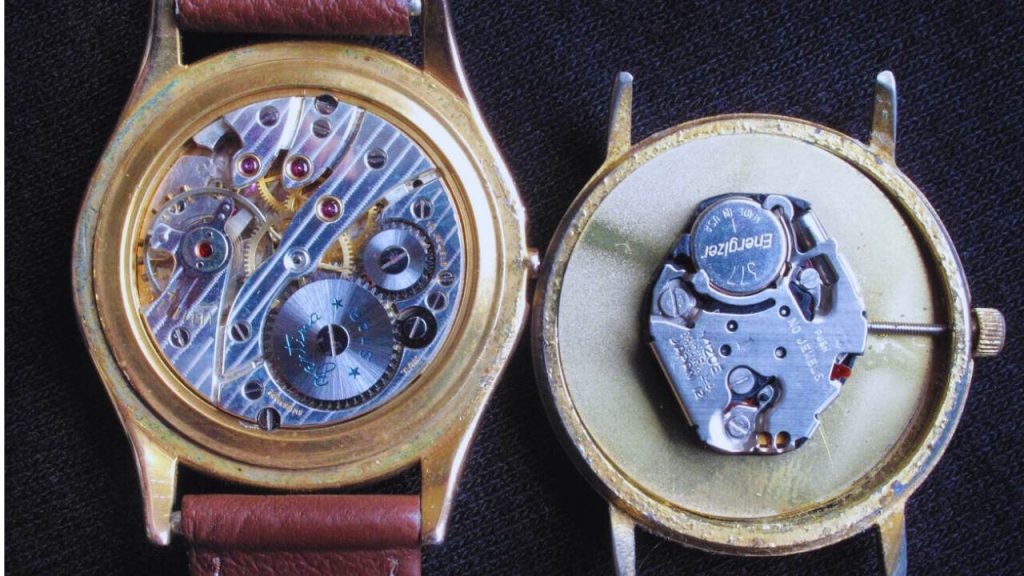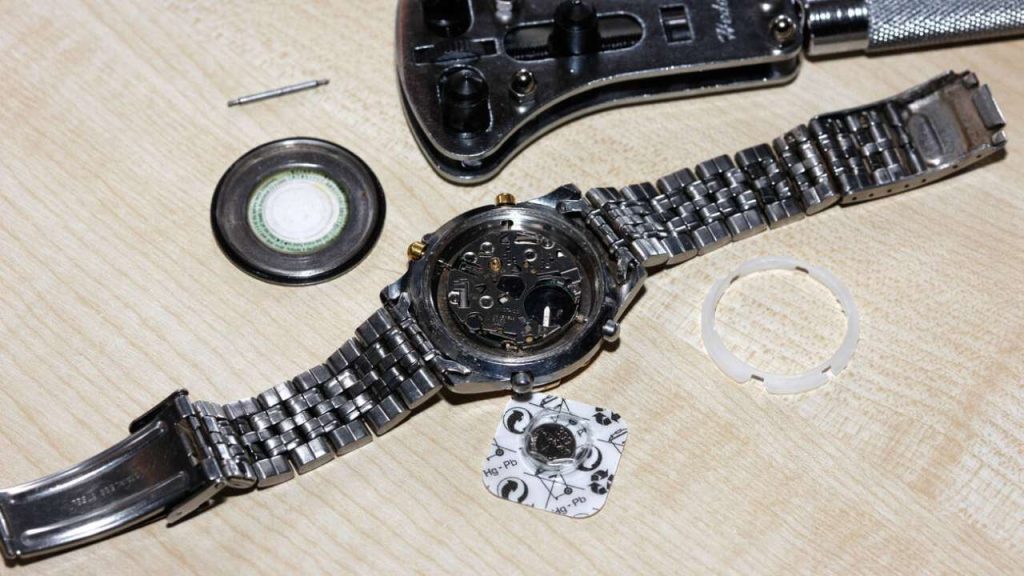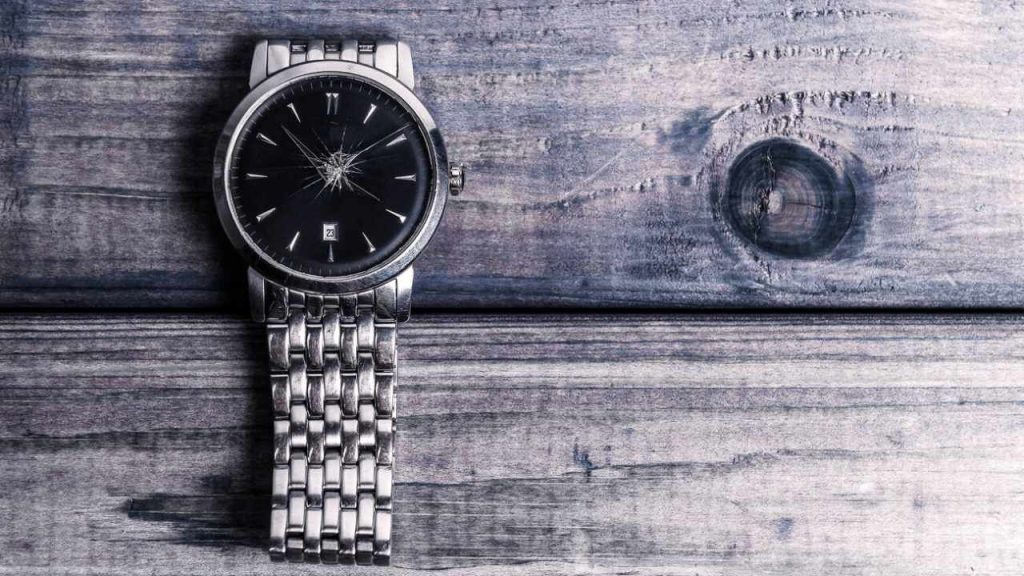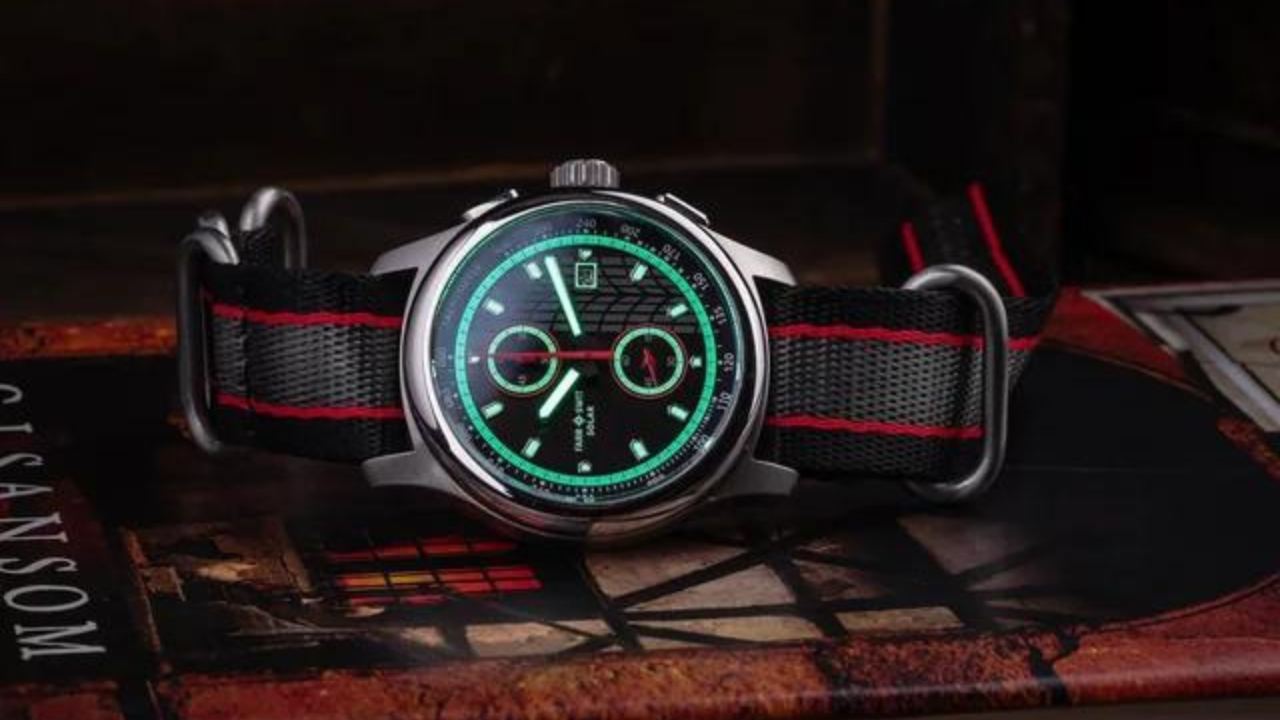Quartz Watches (referring to the quartz crisis) have changed the watch-making industry forever.
These are some of the most accurate and reliable timepieces. At the same, it offers unmatched affordability and diversity.
Quartz watches also raise questions about the luxury status of the watches, their generational impact, and, most importantly, their lifespan.
Since there are no mechanical components and a battery powers the watch, many “dappers” wonder “How long Do quartz Watches Last?”
Typically, with good-quality components, you can expect the quartz watch to last 3-15 years, not forever. Several factors come into play. However, with proper maintenance and care, you can get plenty more out of a quartz watch.
This article is about the lifespan of quartz watches and its comparison with mechanical watches.
Table of Contents
The Mechanics of Quartz Watches
The magic of a quartz watch lies in its simplicity.
A tiny piece of quartz, electricity from a battery, and some clever engineering bring this timepiece to life.
The battery sends an electric signal through the quartz. This makes it oscillate at a precise frequency, keeping time accurately.

Quartz watches are also the marvels of accuracy.
Unlike their mechanical counterparts, they hardly lose even a few seconds per month. This precision is courtesy of their quartz crystal oscillator.
This crystal, when charged, vibrates at an incredibly stable frequency. It’s this vibration that keeps time, and it barely wavers.
As for durability, quartz watches again set the gold standard.
Encased within their slim profiles are sturdy components that are built to last. They can withstand the rigors of daily wear with remarkable resilience.
The quartz watch’s durability and accuracy don’t wane over time.
Even decades-old quartz watches can keep time with impressive precision. They’re a testament to the longevity of quartz technology.
Factors Affecting the Lifespan of Quartz Watches
Even though quartz watches are made to last forever, these typically don’t.
There are plenty of reasons. The most important of them all is the battery.
The battery usually stops working after five years, and even less in many cases.
After replacing the battery, even though the watch is ready to work, the small electrical circuits don’t work the same way.
Gradually, these circuits lead to the wear and tear of the components, and the watch is no longer working.
Therefore, I mentioned 3-15 years as a safe window for the lifespan of the quartz watches.
Here are the factors that can impact the lifespan of these quartz watches (both positively and negatively).
Quality of Components
The quality of the components plays a crucial role in determining the lifespan of a quartz watch.
High-quality materials like sapphire crystal and stainless steel can ensure durability and prevent wear and tear over time.
On the other hand, low-quality materials may lead to issues like rusting or cracking. This can significantly reduce the lifespan of the watch.

Beyond the apparent quality of individual components, the precision of assembly also impacts a quartz watch’s longevity.
Most quartz watches aren’t designed meticulously. So, there are considerable chances of failure even with regular use.
However, if a brand takes care in assembling quartz watches, you can expect a longer lifespan.
Frequency of Use
The more often you use your quartz watch, the shorter its lifespan may be.
This is because regular usage causes more strain on the internal components, accelerating their wear and tear.
On the flip side, if the watch is used sparingly, it can last longer.
In some cases, quartz watches that are rarely worn can even last up to 20 years or more.
Maintenance Habits
Proper maintenance is crucial for increasing the lifespan of a quartz watch.
Simple habits like keeping the watch clean and dry, regularly changing the battery, and getting it serviced by a professional can greatly impact its longevity.
Neglecting these maintenance habits can lead to issues like moisture buildup, corrosion, and dead batteries.
These can significantly shorten the watch’s lifespan.
Environmental Factors
Environmental factors such as temperature changes and exposure to water or extreme conditions can also affect a quartz watch’s lifespan.
Excessive heat, cold, or moisture can damage the internal components and cause them to malfunction.
It’s important to consider these factors and take necessary precautions, such as removing your watch before swimming or storing it in a dry place during extreme weather conditions.
Common Defects in the Quartz Watches
Like the factors that gradually impact the lifespan of quartz watches, many defects can instantly damage them.
Here are some of the common defects.
Battery Leakage
One of the most prevalent defects found in quartz watches is battery leakage.
This typically occurs when the battery life reaches its endpoint.
If the battery isn’t replaced promptly, it can leak harmful chemicals that damage the watch’s mechanisms. This would eventually lead to malfunction.
Faulty Quartz Crystal
A quartz watch’s accuracy largely depends on the quartz crystal present within.
Usually, this crystal has an indefinite lifespan.
But if, in any case, this crystal becomes damaged or does not function properly, the watch will gradually drift in timekeeping.
This will become significant to the extent that the watch will be unreliable and eventually become useless.
Mechanical Damage
Accidents happen, and sometimes, they can cause significant damage to a quartz watch.
Any physical impact or force on the watch can result in broken parts or misalignment of mechanisms.

This can lead to malfunctioning and a shortened lifespan.
It’s, therefore, important to handle your watch with care. However, the quality of the components also affects the watch’s ability to handle the impact.
Damaged Circuit Board
The circuit board is the heart of a quartz watch, governing its functionality.
Circuit boards in quartz watches can be damaged due to various reasons.
Moisture, high temperature, or electrical surge exposure can lead to corrosion or short circuits.
Moreover, rough handling can physically damage the delicate board, and manufacturing defects can also result in malfunction over time.
Worn Out Gears
Though quartz watches don’t rely on gears as much as mechanical watches, these components still play a vital role.
Over time, gears may experience wear and tear, causing them to lose their precision.
Much like the teeth of a well-used comb, worn gears affect a quartz watch’s reliability, subtly disrupting its rhythmic cadence of timekeeping.
Broken Crown or Stem
The crown or stem of a quartz watch is another component that can easily break or get damaged.
This usually happens due to improper use or accidental drops. It is crucial to handle these components with care to avoid such defects.
Maintenance Tips for Quartz Watches
Quartz watches require regular care for longevity.
Primarily, keep them clean. A simple wipe with a soft cloth removes dust and dirt.
Avoid abrasive materials. They may cause scratches.
Remember, moisture is a nemesis. Always ensure the watch is dry.
Even those labeled ‘water-resistant‘ are vulnerable to prolonged exposure.
Too much heat is equally harmful. Avoid leaving your watch in direct sunlight.
Battery replacements should be timely. A dead battery left inside can leak. This may damage the internal components.
Avoid exposing your timepiece to strong magnetic fields. They can adversely affect the accuracy.
Lastly, servicing is key. Regular professional check-ups ensure early detection of any possible issues.
This can save you from a hefty repair bill. Or sometimes the damages can cause a watch to die.
Lifespan of Quartz Watches vs. Automatic Watches
Quartz watches are celebrated for their accuracy and durability, but how do they fare against automatic watches in terms of lifespan?
To address this, one must understand the inner workings of both.
Quartz watches function on a battery, while automatic watches harness the wearers’ movements.
A well-maintained quartz watch can last maybe a decade.
Automatic watches, on the other hand, can potentially last indefinitely. However, these will require attentive care and regular servicing.
There is a hidden caveat of price. An automatic watch is usually more expensive than a quartz watch.
So, when deciding between two, you can choose the affordability option and less lifespan. Or more expensive yet long-lasting.
Can Quartz Watches Last Forever?
Despite their precise engineering and sturdiness, Quartz watches are not immune to the whims of time.
The battery, the heart of a quartz watch, has a limited life cycle, usually around a decade.
Also, these can’t resist the inevitable wear and tear of time’s relentless march.
The watch’s external components, too, are subject to degradation.
The glass might acquire scratches, the strap may wear out, and the color may fade.
Even the heartiest of quartz watches, like G-Shock, cannot stave off the effects of time indefinitely.
So, can a quartz watch last forever? The answer leans towards the negative.
Yet, with thoughtful maintenance and timely servicing, your quartz timepiece can be a steadfast companion for a good part of your life’s journey, especially as an everyday wear.
Closing Thoughts
It’s essential to remember that the longevity of a quartz watch largely hinges on the degree of care it receives.
Regular maintenance, timely battery replacements, and a gentle touch could extend its lifespan significantly.
A quartz watch may not last forever, but it certainly can narrate a timeless tale of moments captured, seconds savored, and minutes remembered.
Choose wisely; your watch is more than a gadget—it’s the echo of time in your hands.
Stay dapper.

I am George. I am a watch enthusiast as far as I can remember.
My passion for horology extends beyond the surface, delving into the art, history, and precision that make each watch a masterpiece.
